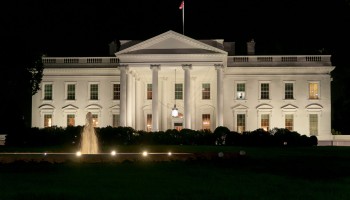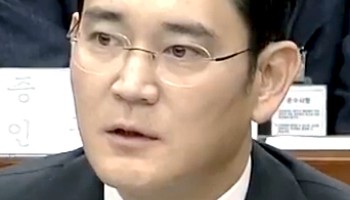Frederic Bourke, 63, co-founder of purse maker Dooney & Bourke, was convicted in the US in July of conspiring with Czech expatriate Viktor Kozeny to bribe leaders in Azerbaijan to prompt the sale of the state-owned oil company, a violation of the US’s Foreign Corrupt Practices Act (FCPA). The Bourke case could prove to be a new interpretation of the 32-year-old law, said a lawyer.
“Bourke’s conviction is a game-changer,” Richard Cassin, who founded the Cassin Law firm in Singapore and writes a blog on the FCPA, told Bloomberg. “Not just paying bribes yourself, but merely investing in an overseas deal that might be tainted with bribery, is now illegal. If there’s a hint of bribery, run.”
Prosecutors showed that Bourke invested in and knew about Kozeny’s scheme to offer hundreds of millions of dollars, as well as stock and other gifts, to senior officials in Azerbaijan. In return, the officials were to privatize the oil company in a rigged auction that only Kozeny, Bourke and others could win. Bourke and Kozeny were indicted in 2005. Assistant US Attorney Harry Chernoff called the scheme “one of the most audacious and most corrupt” ever attempted in the region.
Bourke was also convicted of making false statements to the FBI, but was acquitted of money laundering conspiracy.
Victim, Crook, or Both?
Bourke and his lawyers said he was guilty only of not doing enough due diligence before making an $8 million investment that he lost when Azerbaijan did not sell the oil company. His relatively light sentence – far below the 10 years sought by the prosecution – reflected both Bourke’s charity work and the judge’s concerns that the prosecution didn’t produce much evidence to show bribes took place.
“It’s still not entirely clear to me whether Mr. Bourke was a victim or a crook or a little bit of both,” said US District Judge Shira Scheindlin at the sentencing.
Kozeny lives in the Bahamas and has successfully fought extradition to the US to stand trial. Known as the “Pirate of Prague” for his antics during Czech privatization in the 1990s, Kozeny is also wanted by the Czech Republic for allegedly stripping Czech companies of $1.1 billion.
The US’s Foreign Corrupt Practices Act (FCPA) has outlawed payments to officials abroad for business since 1977. US authorities have robustly enforced the act in the past year, and forced companies to settle allegations. Siemens, for example, agreed to pay $800 million in December 2008 to settle charges related to bribery of officials worldwide. In February, Halliburton and its former subsidiary, Kellogg Brown & Root, agreed to pay $579 million to settle allegations it had bribed Nigerian officials to win natural gas contracts.
--Beth Kampschror





